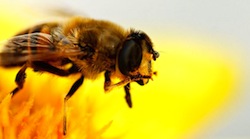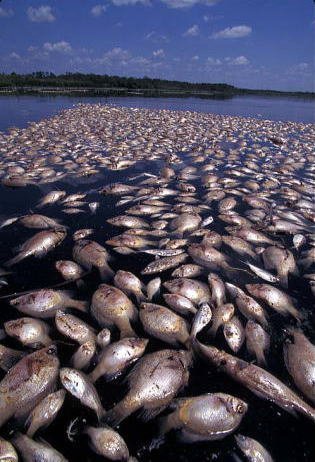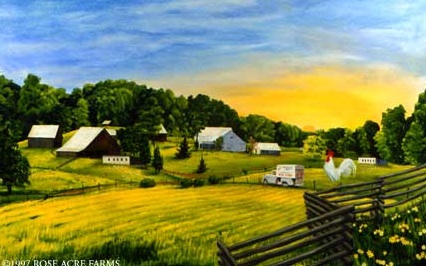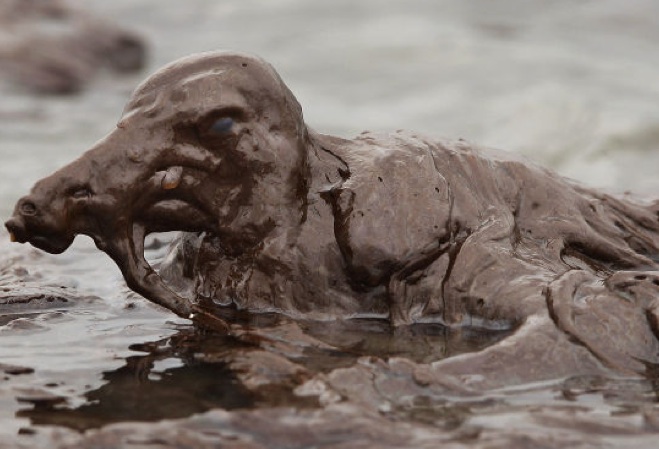Buzz off, Monsanto
-- by Paul Towers, Pesticide Action Network
 Last week, the term "bee-washing" emerged in public conversation. It doesn't refer to some new bee cleaning service, but to the insidious efforts of Monsanto and other pesticide corporations to discredit science about the impacts of pesticides on bees -- especially neonicotinoids -- by creating public relations tours, new research centers and new marketing strategies.
Last week, the term "bee-washing" emerged in public conversation. It doesn't refer to some new bee cleaning service, but to the insidious efforts of Monsanto and other pesticide corporations to discredit science about the impacts of pesticides on bees -- especially neonicotinoids -- by creating public relations tours, new research centers and new marketing strategies.

 Documentary movies about the American food industry, like
Documentary movies about the American food industry, like 
 The
The 
